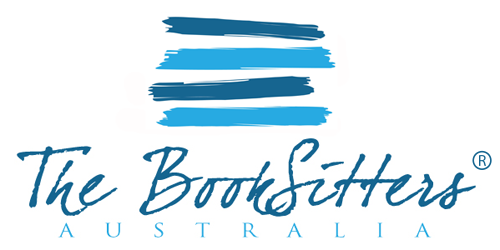End of Financial Year – what should you do to prepare?
Important Dates for EOFY 2016
- Last Payrun for the year anywhere from 15th June (for monthly salaries)
- Payment Summary Issues to Employees – 14th July
- Annual Payment Summary to ATO – 14th August
- TPAR to ATO 28th August
- BAS Lodgement via a BAS Agent 25th August
- Financials Lodged to ATO 15th May of following year.
End of Financial Year Approaches
Well I can hardly believe that it is just 8 days away from the 1st of June, …..meaning 4 weeks away from the end of another financial year. This year seems to me to have gone even quicker than usual. Maybe it’s because our business has been growing and we have been able to look after more business’ bookkeeping needs!
Now is a great time to have a good look at the state of your financials and in particular, if you are on a Cash System, look at putting a plan into action to pay for as much of your supplies as possible and clear out the Accounts Payable (Trade Creditors) for the start of the new year….and in the same way…..get as many of your customers to pay for your services as possible Accounts Receivable (or your Trade Debtors).
Another thing to think about for the start of the new financial year….is ensuring that your Tax Codes are all correct in your MYOB file ready for your Accountant to lodge the final Quarter BAS with any end of year adjustments and that all your accounts can be reconciled successfully. This is not always the case if your BAS has not been lodged by a registered BAS Agent or Accountant. That is, not just your bank accounts and credit cards, but your Trade Creditors, Trade Debtors and BAS accounts too.
If you are not sure if this is the case in your business, we would be happy to assist. Putting these things in action before the end of the financial year means that your books can be forwarded to your accountant quicker and cleaner post the end of the financial year.
It’s That Time of Year Again….June Tips
What are some of the practical things that I like to think about in June, ready for the end of financial year?
- Send out statementsas early in June as possible to all your customers to try to encourage customers to fully pay their account before year end
- Review whether your business needs to purchase any big ticket items, that is assets over $300.00, for your business that can gain a depreciation benefit this year eg. office equipment, computers/laptops, tools of trade
- Ensure that you have all your creditor invoicesbefore 30th June for items that may otherwise arrive from 1st July so that you can claim this year rather than next
- Ensure that you have all yourbank statements reconciled
- Ensure that you are up to date with yourBAS lodgements
- Pay any Memberships or Subscriptions in advanceincluding insurance policies if you haven’t already
- If you employ staff, ensure that your payroll recordsare up to date as you will need to prepare ‘Payment Summaries’ (aka Group Certificates) after 30th June
- Check you are up to date with your Superannuation Contributions (SGC) for employees, if you can afford personally, consider making a Personal Contribution to your Superfund before the end of the financial year
- Ask your accountant if there is anything you should be doing before 30th June?
If you are behind with your bookkeeping – The BookSitters, we can help get you back on track!
End of Financial Year – I Need to Spend! Do You?
Spending only reduces your tax if you are making a profit. Spending is also only worthwhile if you have the money to spend or if your think that it is a good investment for the future of your business.
Often business think they need to ‘stock up’ before the end of financial year – well stock paid for (cash) verses stock to be paid for (creditors) still provides the same deduction at the end of the financial year unlike a BAS period. Which increases costs and therefore reduces profit But you still need to have the money to pay for it when the bill falls due.
If the business can afford, it is a good time to review your assets, especially with benefits like the $20,000 small business expense concession that is due to run until June 2017. This means rather than depreciate a computer system or small car for staff use over a period of time by showing the asset on your balance sheet, it can be ‘expensed’ on your profit and loss in the period that it was purchased. This is a great concession for most Australian small business.
There are many other bookkeeping matters that need to be considered at the end of financial year before your accounts go to your accountant like; has my staff superannuation been reconciled, has my PAYG lodgements to the ATO been reconciled is the GST owing on my accounts at 30th June correct? Have my employees Payment Summaries been prepared and lodged correctly? Do I need to be lodging a Taxable Payments Summary?
If you need assistance with any of these End of Financial Year Compliance area’s The BookSitters is here to help.
